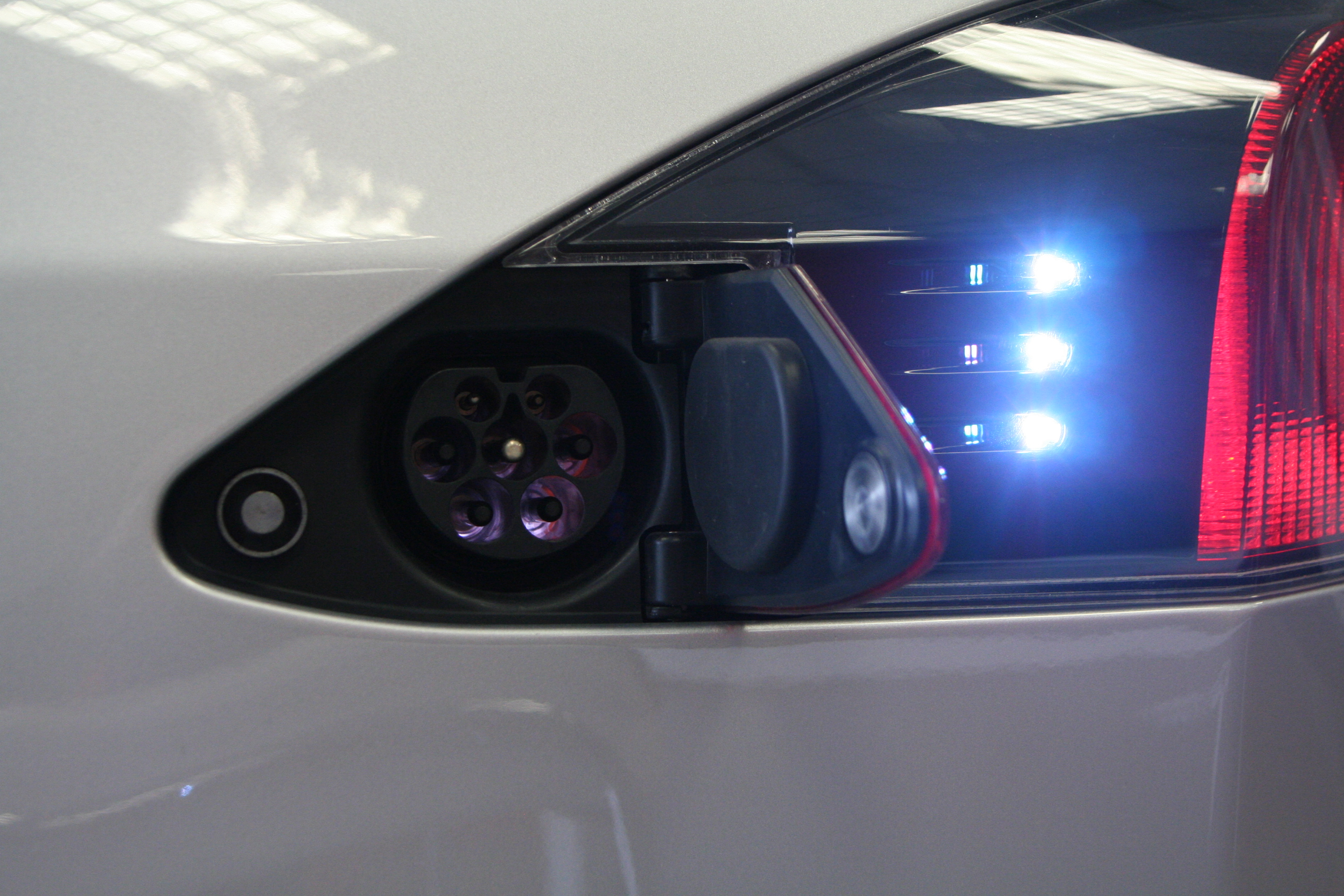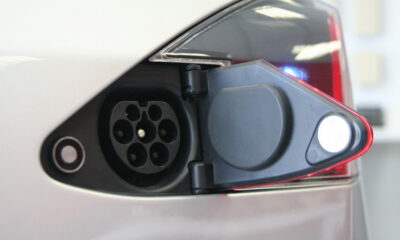Guest Columns
The Time to Prepare for the EV transition in Pennsylvania Is Now

Every day here in Pennsylvania, more and more people are making a switch from gas-powered vehicles to newer electric vehicles (EVs). As a result, major automakers are taking note. Companies like General Motors and Ford have committed to transitioning their vehicle offerings to electric within the next 20 years. In just six years, Pennsylvania is expected to have 750,000 passenger EVs on its roads, with that number expected to increase for years to come.
Will EV owners have enough chargers?
Unlike gas-powered vehicles that rely on a gas pump, EVs require an electric-powered charging station to power up. Moving forward, we must ensure that Pennsylvania has the charging infrastructure to support the growing transition to EVs. This will require some planning, including how and where to strengthen our electricity grid; how best to use utility rate structures to incentivize and optimize the timing of EV charging; and how to best protect Pennsylvania ratepayers through this transition. Unfortunately, to date, Pennsylvania and its utilities have lagged far behind other states in that planning. That’s bad news for Pennsylvania’s electric customers, EV drivers, and the reliability of the electric grid.
To paint this picture: let’s say a company wants to electrify their truck fleet and move their tractor trailers from diesel-powered to electric. The amount of power that would be needed to power that one truck depot could power an outdoor sports stadium. Now imagine those sports stadiums popping up across the Keystone State – that will require significant investments in expanding the state’s electric grid to power these transportation electrification levels.
A new law to require advance planning
That’s why we need legislation to protect our grid and keep energy costs for ratepayers down. House Bill 1240, introduced by Rep. Joe Webster, if enacted, would require Pennsylvania’s electric utilities to develop transportation electrification plans and work with local, regional, and statewide stakeholders through that process. These plans will ensure that the utility is taking the necessary steps to prepare the electric grid for increasing levels of electrified transportation. Moreover, it would ensure that the rates the utilities are charging take numerous factors into account, such as when people are most likely to charge their EVs.
To be very clear, this legislation is not about mandating EV ownership, or requiring utilities to build out charging stations themselves on the backs of ratepayers. Rather, it ensures that utilities are doing their part to strengthen our grid, without putting the burdens on customers in the process. If we do not take this necessary action now, utility customers could be hurt in the long run, having to pay a nearly $85 million bill per year without proper planning.
Make the plan
It’s time for the Keystone State to jump start this transition, and we need common sense policy to make that happen. Customers and automakers are already on board; we need the legislature and utilities on board. Together, let’s put our foot on the gas to protect the grid, ensure EV drivers can properly power their vehicles, and protect Pennsylvania electric customers in the process.
This article was originally published by RealClearPennsylvania and made available via RealClearWire.
Nick Bibby is a principal at Advanced Energy United.
-

 Civilization3 days ago
Civilization3 days agoWhy Europe Shouldn’t Be Upset at Trump’s Venezuelan Actions
-

 Executive4 days ago
Executive4 days agoHow Relaxed COVID-Era Rules Fueled Minnesota’s Biggest Scam
-

 Christianity Today3 days ago
Christianity Today3 days agoSurprising Revival: Gen Z Men & Highly Educated Lead Return to Religion
-

 Civilization4 days ago
Civilization4 days agoThe End of Purple States and Competitive Districts
-

 Executive4 days ago
Executive4 days agoWaste of the Day: Can You Hear Me Now?
-

 Executive5 days ago
Executive5 days agoWaste of the Day: States Spent Welfare in “Crazy Ways”
-

 Civilization1 day ago
Civilization1 day agoWhy Europe’s Institutional Status Quo is Now a Security Risk
-

 Civilization2 days ago
Civilization2 days agoDeporting Censorship: US Targets UK Government Ally Over Free Speech










